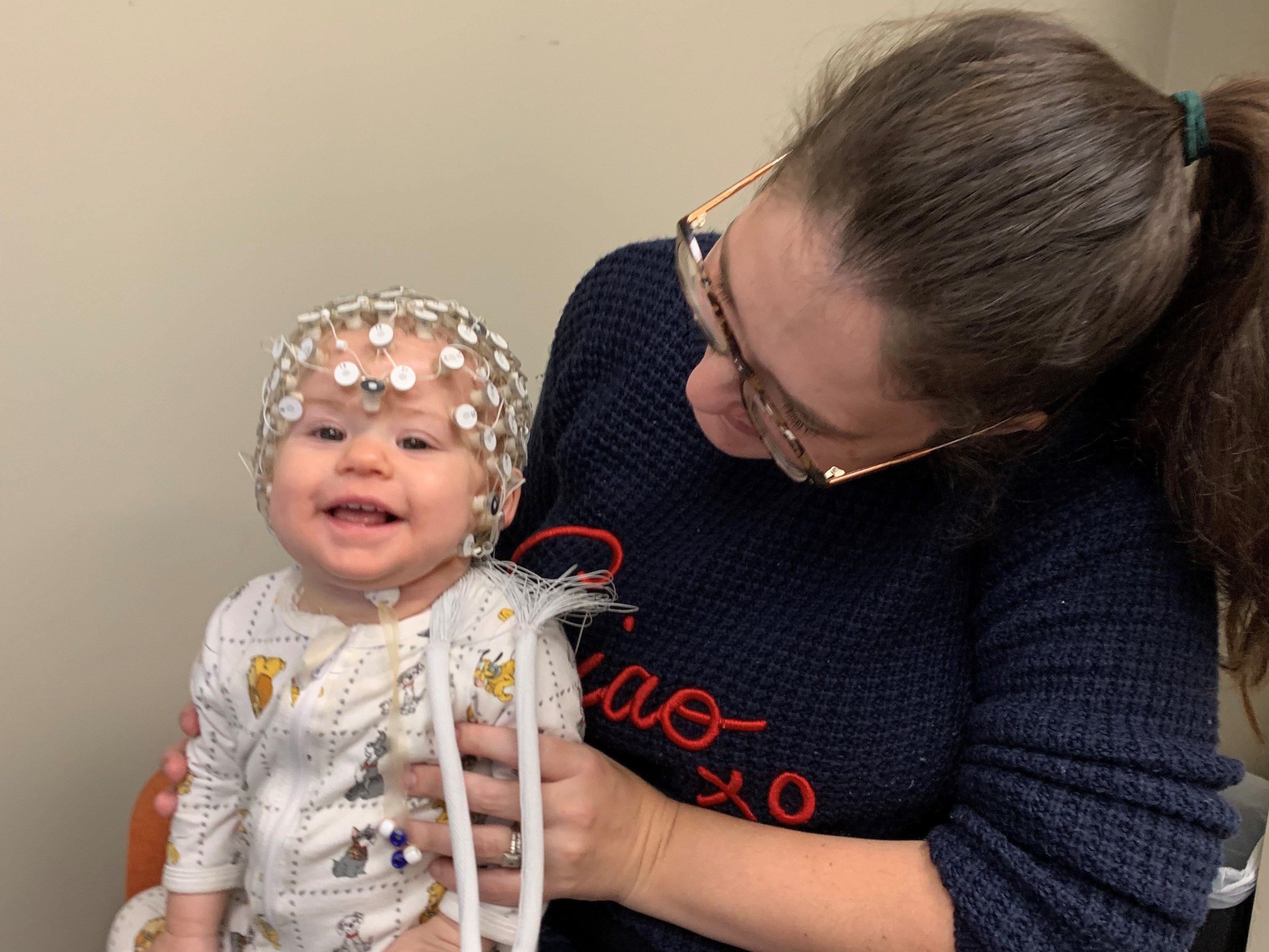Search
Showing results for "Professor"
Research
Protocol for the systematic review of the prevention, treatment and public health management of impetigo, scabies and fungal skin infections in resource-limited settingsThe evidence derived from the review will be used to inform the development of guidelines for the management of skin infections in resource-limited settings
Research
The Importance of Scabies Co-Infection in the Treatment Considerations for ImpetigoTreatment success for scabies co-infection was lower than for impetigo overall, with a higher success seen in the co-trimoxazole group than benzylpenicillin
Research
High dose, subcutaneous injections of benzathine penicillin G (SCIP) to prevent rheumatic fever: A single arm, phase IIa trial of safety and pharmacokineticsThis Phase-IIa trial evaluates the safety and pharmacokinetics of high-dose, 10 weekly subcutaneous injections of penicillin (SCIP) in young people with a history of acute rheumatic fever (ARF).
Dr Anthony Bosco, Professor Steve Stick, Professor Andrew Whitehouse, Dr Raelene Endersby and Dr Luke Garratt know how fortunate they are to have

Brain and behaviour research encompasses a child's learning, development and mental health - and the impact and development of conditions like cerebral palsy, autism and intellectual disability.
News & Events
Big Data: The Big PictureThe Kids will host a free public seminar Big Data: The Big Picture, showcasing some of our cutting edge data visualisation and analysis tools.
Research
Unpacking the complex nature of the autism epidemicThis paper discusses changes in diagnostic criteria, decreasing age at diagnosis, improved case ascertainment, diagnostic substitution, and social influences.

People
Amy Finlay-JonesHead, Early Neurodevelopment & Mental Health; Healthway WA Senior Research Fellow

News & Events
The Kids researchers named finalists in 2024 Premier’s Science AwardsFive The Kids Research Institute Australia researchers and a popular Institute-led science festival for kids have been named as finalists in the 2024 Premier’s Science Awards.
The mental health of Australian children and adolescents
